
Transcription
Arbitrary Justice
"The more numerous the laws, the more corrupt the state", so said Cicero. Living in 21st century America, we can see the validity of his statement. We have so many laws in this country that virtually everyone is in violation of something at any given point in time. A couple of years back Tim Geitner, the treasury secretary, was even found to have evaded his taxes (unknowingly, of course).
So what is to be done? Selective Enforcement. The government can't possibly prosecute all the people who break the law, so it simply picks and chooses who will be punished and who will walk free. Some people are under the misconception that our government can't catch all the lawbreakers and simply punishes the ones it catches, or can catch, violating the law, but that is simply untrue. Anyone who can recall the highly publicized 'voter intimidation case' a few years back in which members of the Black Panthers were caught on film threatening and intimidating voters, and remembers that the case was later dropped from prosecution by the Justice Department is able to see this.
But it is not uncommon at all for the State to see and know about crimes being committed which it refuses to prosecute. But there is a huge problem with this. Who decides who gets punished and (in effect) who is given unofficial 'permission' to commit various crimes? When the law is no longer absolute, it becomes arbitrary. In practice, it simply devolves into "who" the government wants prosecuted, not "why" or "what for" they are prosecuted. In the end it becomes favoritism and injustice. In the end, it reaches the point where the law and the pretexts can simply be discarded and control can directly be given the 'powers that be' to confine, condemn, and/or execute anyone it chooses for whatever reason it chooses. The difference is merely a semantic one as the same situation arises.
Why even have a law, in other words, why not instead have 'desirable' or 'undesirable' labels on citizens to differentiate between the 'desired' tax-payers, producers, consumers, and the 'undesirable' political dissidents, tax cheats, agitators, and general non-conformists? What is so distinctly different from that and a selectively enforced arbitrary law in which no one knows the rules they will be enforced under?
"The more numerous the laws, the more corrupt the State", Cicero warned us. And today, as then, we can see exactly why. No State is more corrupt than the American one, despite all the media spin to the contrary...
Other posts by this author
|
2018 feb 12
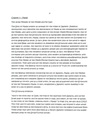
|
2017 dec 21
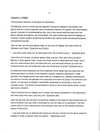
|
2017 nov 28
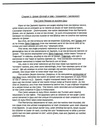
|
2017 sep 2
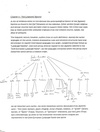
|
2017 aug 20
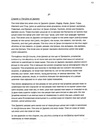
|
2017 jul 23
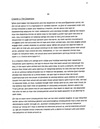
|
More... |
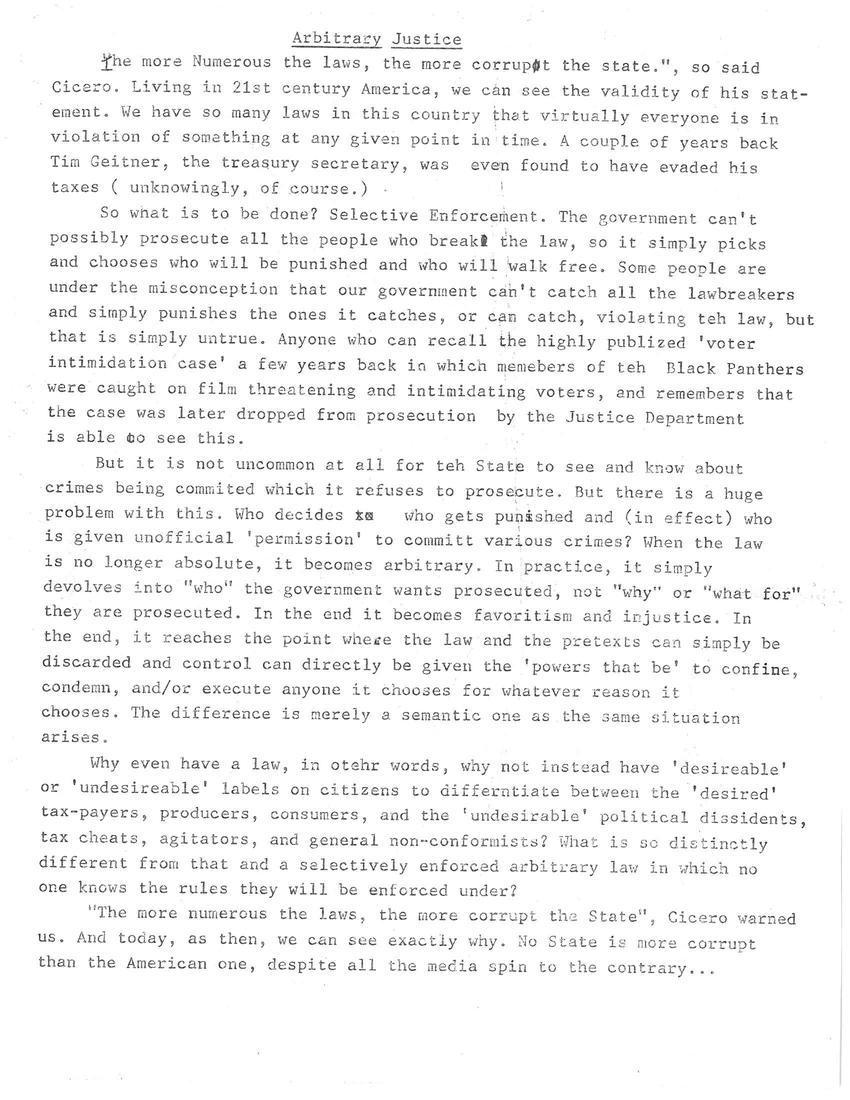

Replies